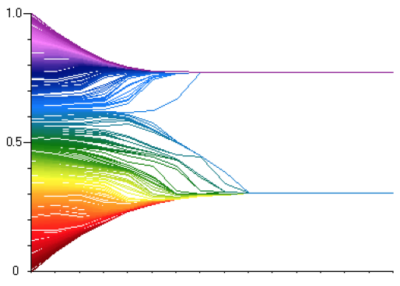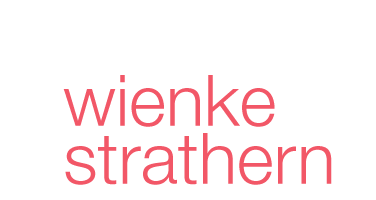
01 Jun Online Firestorms and Resentment Propagation on Social Media: Dynamics, Predictability, and Mitigation
Jürgen Pfeffer, Massimo Fornasier, Mirco Schönfeld, Raji Ghawi, Konstantin Riedl, Wienke Strathern
Social media serves as a place to gather information, interact, and form opinions. More recently, online firestorms, fake news and hate speech have shaken our beliefs and hopes about the positive power of social media to their very foundations. While negative emotions are in the core of human behavior, algorithms on social media, enhanced by Artificial Intelligence (AI) can produce and reinforce new dynamics.
In this project, we will address the mathematical modeling of the formation and dynamics of opinions in large groups of interacting people on social media. Our primary objective is to understand the driving factors of social media group level phenomena that lead to negative dynamics and to offer approaches on how to detect, react to, and possibly mitigate these dynamics early on. The fundamental goal is to reveal the possible relationship between the simple “social forces” acting at individual level, being the “first principles” of social interaction or the game rules, and the potential emergence of a global behavior.
The results of our study will provide insights of ethical relevance by discussing responsibility, delegation and control mechanisms in human-AI interacting systems.


Sorry, the comment form is closed at this time.